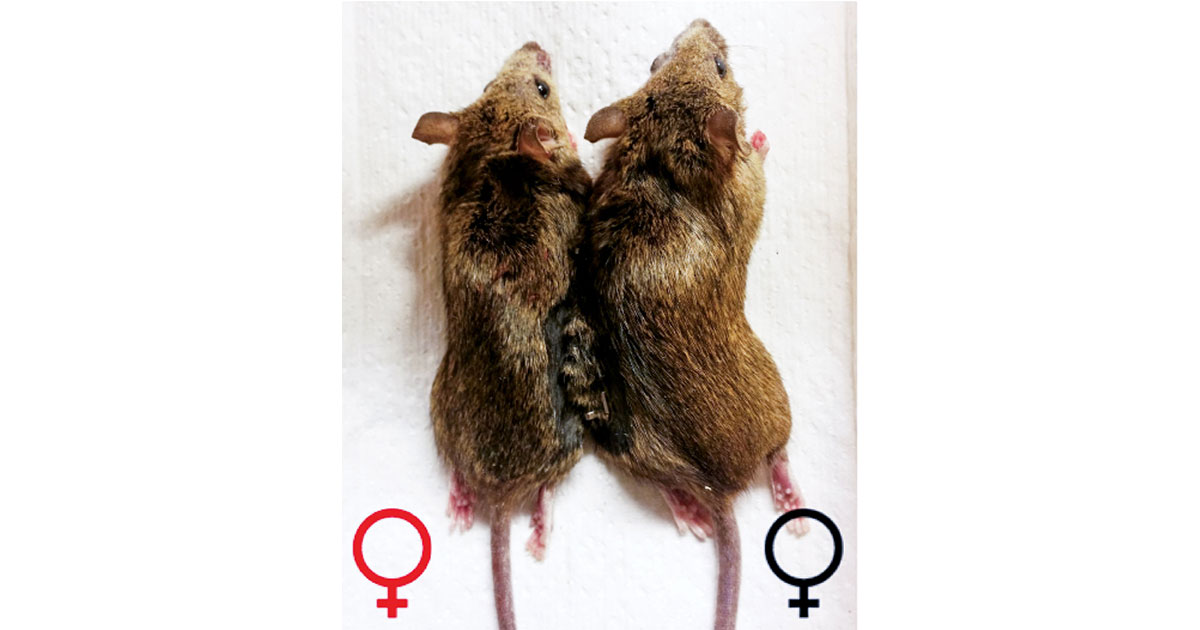Advertisement
Grab your lab coat. Let's get started
Welcome!
Welcome!
Create an account below to get 6 C&EN articles per month, receive newsletters and more - all free.
It seems this is your first time logging in online. Please enter the following information to continue.
As an ACS member you automatically get access to this site. All we need is few more details to create your reading experience.
Not you? Sign in with a different account.
Not you? Sign in with a different account.
ERROR 1
ERROR 1
ERROR 2
ERROR 2
ERROR 2
ERROR 2
ERROR 2
Password and Confirm password must match.
If you have an ACS member number, please enter it here so we can link this account to your membership. (optional)
ERROR 2
ACS values your privacy. By submitting your information, you are gaining access to C&EN and subscribing to our weekly newsletter. We use the information you provide to make your reading experience better, and we will never sell your data to third party members.
Biological Chemistry
Probing Human Genetic Variation
Genome Sequencing: Consortium improves catalog of human DNA differences
by Celia Henry Arnaud
October 28, 2010
| A version of this story appeared in
Volume 88, Issue 44

The 1000 Genomes Project, an international consortium that aims to sequence DNA from thousands of people to identify differences among them, has reported results from its pilot phase (Nature 2010, 467, 1061). The data will give medical researchers an improved baseline for uncovering genetic causes of disease and studying variation among humans.
In one of the pilot projects, researchers sequenced the entire genomes of 179 people from various populations. When they analyzed and compared the sequences, they found more than 15 million genetic differences, more than half of which had never been seen before, Richard M. Durbin of the Wellcome Trust Sanger Center, in Hinxton, England, said in a press briefing. Durbin is cochair of the consortium’s steering committee.
That analysis found that each person on average carries between 250 and 300 deleterious mutations that make their genes not work. In addition, the average person has between 50 and 100 variants that have been implicated in inherited disorders.
In a second paper, Evan E. Eichler and coworkers of the University of Washington, Seattle, used data from the 1000 Genomes Project to analyze copy-number variations, which are differences in the number of times a particular gene sequence appears in the genome (Science 2010, 330, 641). About 1,000 genes "have been largely inaccessible to traditional genetic study as a result of their repetitive nature," Eichler said at the press briefing. Using newly developed sequence analysis algorithms and sequence tags, his team investigated copy-number variations in these genes, he said.
Eichler's team found that copy-number variations occur in fewer than 10% of human genes. Many of these genes map to regions that had been previously identified as highly repetitive and have been implicated in diseases such as schizophrenia and autism, the authors note.
Even at the pilot stage, the 1000 Genomes Project has already provided "a more complete catalog" of human genetic variation than was available previously, Durbin said. The project is already moving forward with its main phase, with the goal of sequencing 2,500 genomes.




Join the conversation
Contact the reporter
Submit a Letter to the Editor for publication
Engage with us on Twitter